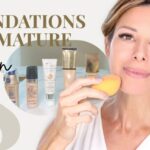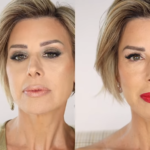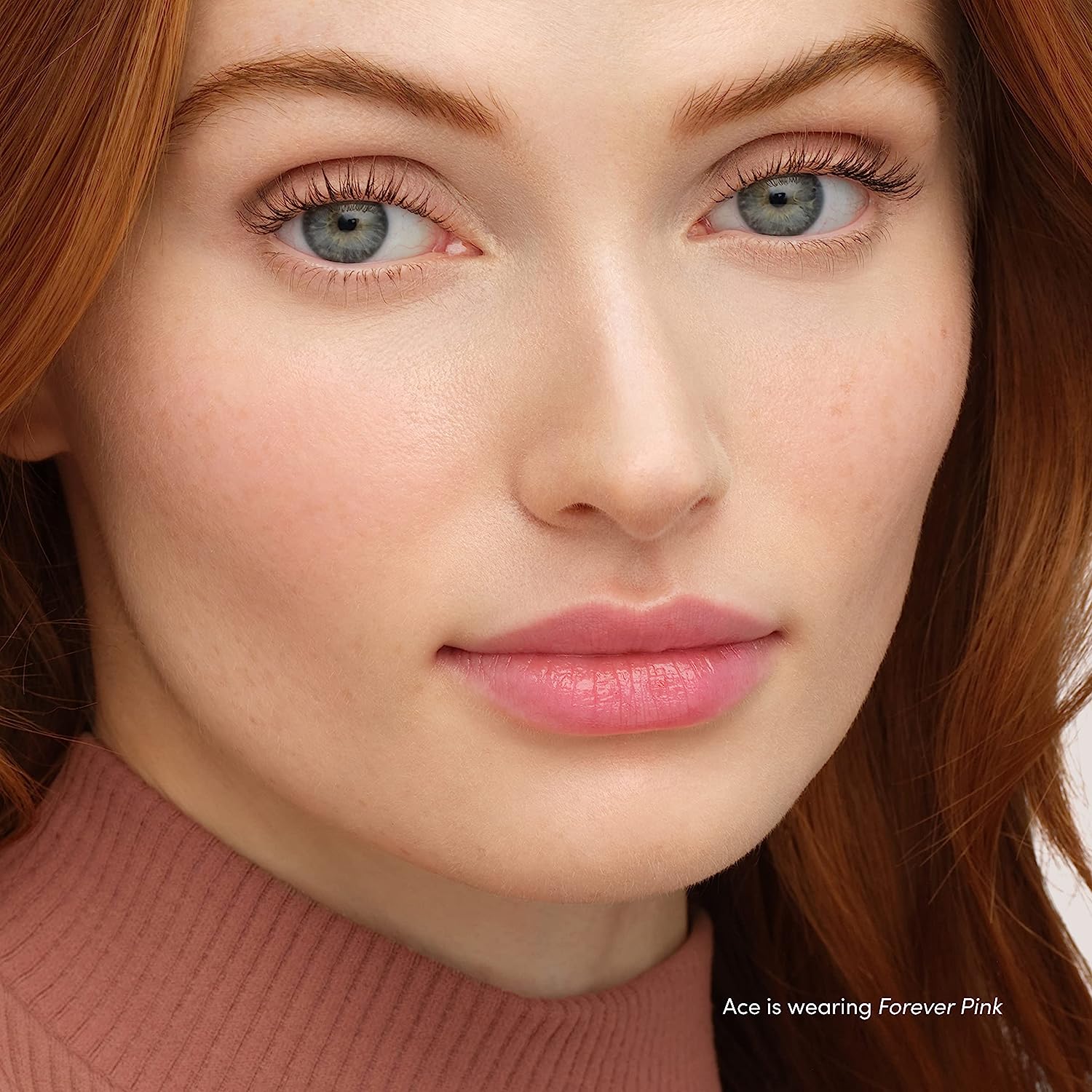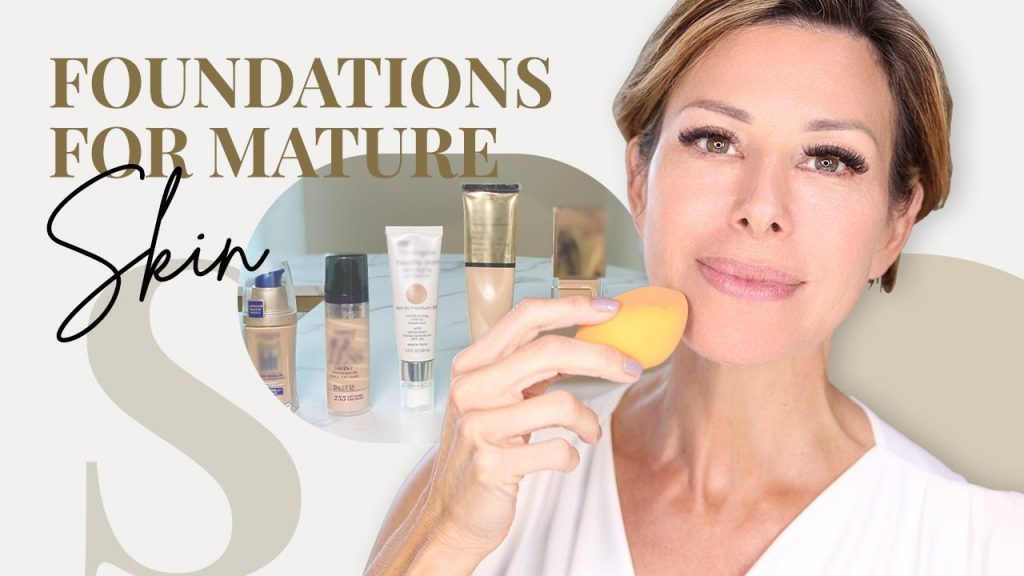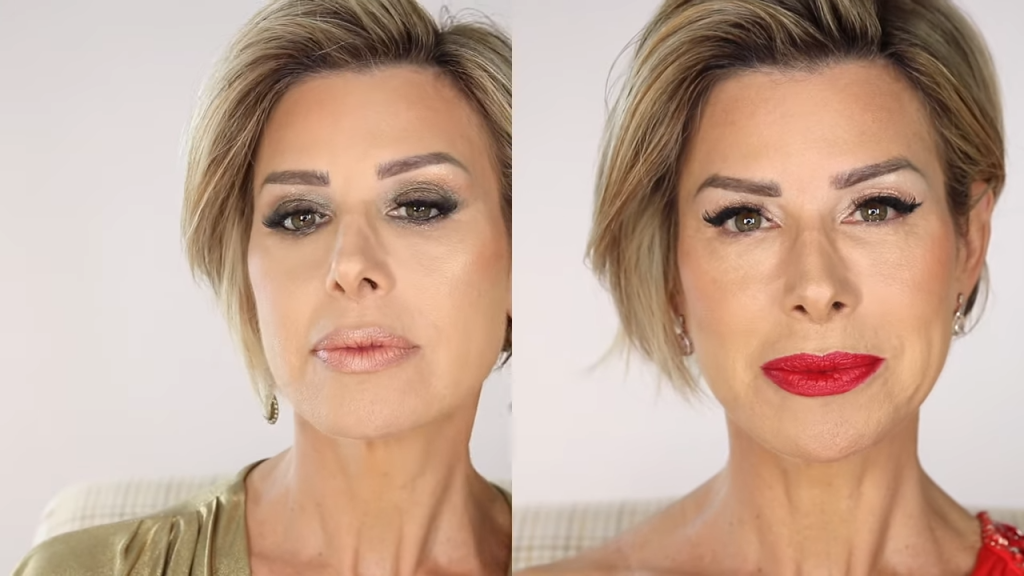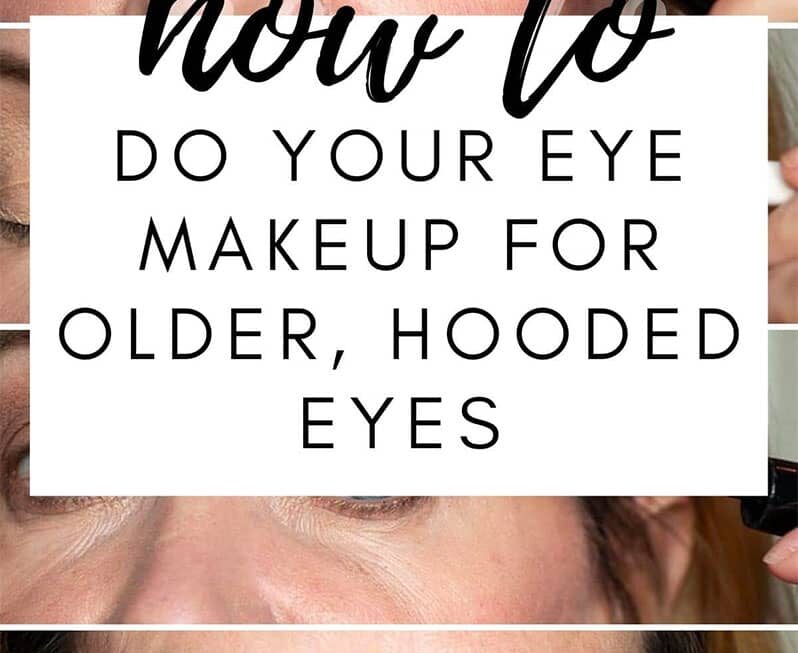Achieving Healthy and Lustrous Hair
I. Introduction
Maintaining healthy and lustrous hair is a goal that many of us strive to achieve. Our hair plays a significant role in our overall appearance, and having shiny, vibrant locks can boost our confidence and make us feel great. In this ultimate guide, we will explore the importance of healthy and lustrous hair, as well as the factors that can affect its health.
Importance of Healthy and Lustrous Hair
Healthy and lustrous hair not only looks beautiful but also serves as a reflection of our overall well-being. Here are some reasons why having healthy hair is important:
1. Enhances Overall Appearance: Having healthy, shiny hair can instantly elevate your appearance and make you look more put together.
2. Boosts Self-Confidence: When our hair looks good, we tend to feel more confident and self-assured.
3. Allows for Versatility: Healthy hair is more manageable, allowing you to experiment with various hairstyles and looks.
4. Sign of General Health: The condition of our hair can provide insights into our overall health. Dull, brittle hair may be a sign of nutritional deficiencies or underlying health issues.
Factors Affecting Hair Health
Achieving healthy and lustrous hair is not just about using the right products. There are several factors that can impact the health of our hair. Here are some common factors to consider:
1. Diet and Nutrition: A balanced diet rich in essential vitamins and minerals, such as biotin, vitamins A, C, and E, and omega-3 fatty acids, is crucial for hair health.
2. Haircare Routine: The way we care for our hair can significantly impact its health. Using too many styling products, excessive heat styling, and rough towel drying can cause damage and breakage.
3. Environmental Factors: Exposure to harsh elements, such as sunlight, pollution, and extreme weather conditions, can damage the hair cuticle and lead to dryness and brittleness.
4. Hormonal Changes: Hormonal imbalances, such as those experienced during pregnancy or menopause, can affect the health of our hair.
5. Stress and Lifestyle Factors: Chronic stress, lack of sleep, smoking, and excessive alcohol consumption can all take a toll on our hair health.
6. Genetics: Our genetic makeup can determine the natural thickness, texture, and color of our hair. Some individuals may be more prone to certain hair conditions, such as thinning or baldness.
7. Hair Treatments and Chemicals: Excessive use of hair treatments, such as coloring, perming, and chemical straightening, can weaken the hair and lead to damage.
It’s essential to be aware of these factors and take necessary steps to address them in order to achieve and maintain healthy and lustrous hair.

II. Hair Care Routine
Maintaining healthy and lustrous hair requires a good hair care routine. By following these simple tips and techniques, you can achieve the hair of your dreams.
Proper Hair Washing Techniques
When washing your hair, it’s essential to use the right techniques to avoid damaging your hair and scalp. Here are some tips to keep in mind:
1. Wet your hair thoroughly: Before applying shampoo, wet your hair with lukewarm water. This helps to open up the hair cuticles, allowing the shampoo to penetrate more effectively.
2. Use a sulfate-free shampoo: Sulfates can strip the hair of its natural oils, leading to dryness and damage. Opt for a gentle, sulfate-free shampoo that cleanses without causing harm.
3. Massage your scalp: While shampooing, use your fingertips to massage your scalp gently. This stimulates blood circulation and promotes healthy hair growth.
4. Rinse thoroughly: Make sure to rinse your hair thoroughly with lukewarm water, ensuring all traces of shampoo are removed.
5. Towel-dry your hair: After washing, gently squeeze out excess moisture from your hair using a soft towel. Avoid rubbing vigorously, as this can cause friction and breakage.
Choosing the Right Shampoo and Conditioner
Selecting the right shampoo and conditioner is crucial for maintaining healthy hair. Here’s what to consider:
1. Hair type: Determine your hair type – whether it’s oily, dry, damaged, or color-treated. Look for shampoos and conditioners specifically formulated for your hair type to address its specific needs.
2. Ingredients: Avoid products containing harsh chemicals, sulfates, or alcohol. Opt for natural ingredients like argan oil, coconut oil, or shea butter, which nourish and moisturize the hair.
3. pH balance: Choose a shampoo and conditioner that maintains the natural pH balance of your hair. This helps to keep the hair’s cuticles smooth, preventing frizz and promoting shine.
4. Avoid overwashing: Washing your hair every day can strip it of its natural oils. Aim to wash your hair every two to three days to maintain its natural moisture balance.
Benefits of Regular Conditioning
Conditioning your hair is an essential step in any hair care routine. Here are the benefits of regular conditioning:
1. Hydration and moisture: Conditioners help to hydrate and moisturize the hair, keeping it soft, smooth, and manageable.
2. Detangling: Conditioners make it easier to detangle your hair, reducing breakage and damage caused by combing or brushing.
3. Protection from heat styling: Applying a heat protectant conditioner before using heat styling tools helps to protect the hair from damage caused by heat.
4. Repair and strengthen: Conditioners that contain proteins and vitamins can help repair damaged hair and strengthen it from within.
5. Enhances shine: Regular conditioning can make your hair look shinier and more vibrant, adding to its overall health and beauty.
By incorporating these hair care techniques into your routine and choosing the right products, you can achieve healthy, lustrous locks that you’ll love. Remember to be consistent and patient, as the results will come with time and dedication.
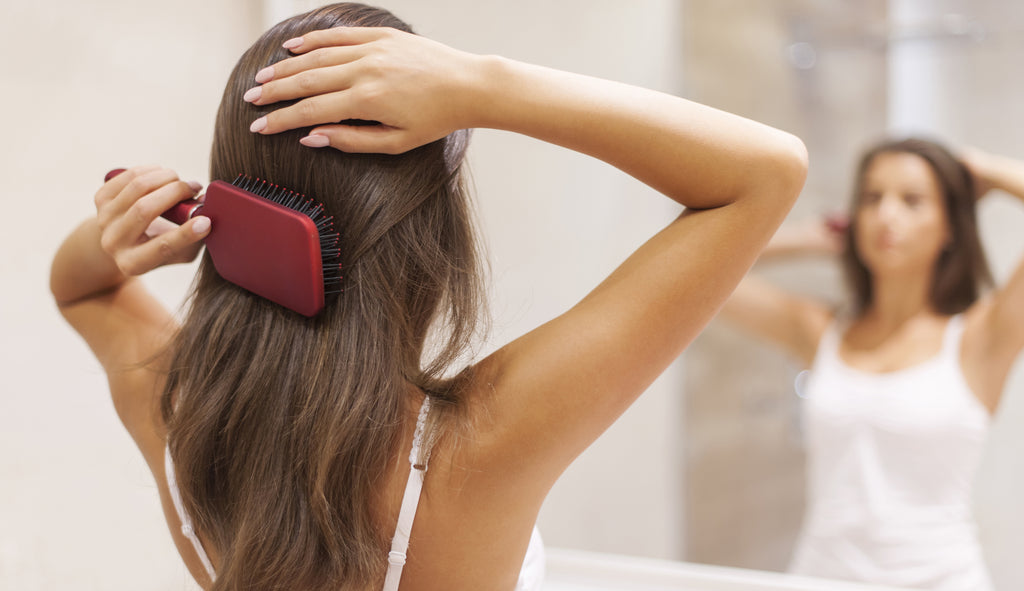
III. Scalp Care
Taking care of your scalp is essential for achieving healthy, lustrous hair. A healthy scalp provides a nourishing environment for hair follicles to thrive and promotes optimal hair growth. Here’s everything you need to know about scalp care and how to maintain a healthy scalp.
Importance of Scalp Health
A healthy scalp is the foundation for healthy hair. Here are some reasons why scalp health is so important:
1. Hair Growth: A healthy scalp promotes proper blood circulation, which nourishes the hair follicles and stimulates hair growth.
2. Oil Balance: A balanced scalp produces the right amount of natural oils, keeping your hair moisturized and preventing dryness or excessive oiliness.
3. Scalp pH Balance: The pH balance of your scalp plays a vital role in maintaining healthy hair. An imbalanced pH can lead to issues such as dandruff, itchiness, and scalp irritation.
4. Hair Strength: A healthy scalp helps in maintaining the strength and elasticity of your hair, preventing breakage and hair loss.
Tips for Maintaining a Healthy Scalp
Maintaining a healthy scalp doesn’t have to be complicated. Here are some simple tips to incorporate into your hair care routine:
1. Cleanse Regularly: Regularly wash your hair and scalp to remove dirt, oil, and product buildup. Use a gentle shampoo that suits your hair type and scalp condition.
2. Massage Your Scalp: Regularly massage your scalp using your fingertips. This stimulates blood circulation and promotes a healthy scalp.
3. Avoid Excessive Heat: Limit the use of heat styling tools such as flat irons and curling irons, as excessive heat can damage your scalp and hair.
4. Protect Your Scalp from the Sun: Just like your skin, your scalp is susceptible to sun damage. Protect your scalp by wearing a hat or using a sunscreen spray designed for the scalp.
5. Eat a Balanced Diet: A nutrient-rich diet plays a significant role in maintaining a healthy scalp. Include foods rich in vitamins, minerals, and antioxidants for optimal scalp health.
6. Hydrate: Drink plenty of water to keep your scalp and hair hydrated and prevent dryness.
Natural Remedies for Scalp Issues
If you’re dealing with specific scalp issues, there are several natural remedies you can try:
1. Tea Tree Oil: Tea tree oil has antimicrobial and anti-inflammatory properties, making it effective against dandruff and scalp irritation. Mix a few drops of tea tree oil with a carrier oil and massage it into your scalp.
2. Aloe Vera: Aloe vera has soothing and moisturizing properties, making it suitable for dry and itchy scalps. Apply fresh aloe vera gel to your scalp and let it sit for 20 minutes before rinsing.
3. Apple Cider Vinegar: Apple cider vinegar helps restore the scalp’s pH balance and prevents dandruff. Mix equal parts of apple cider vinegar and water and use it as a rinse after shampooing.
4. Coconut Oil: Coconut oil is a natural moisturizer that can help nourish and hydrate your scalp. Warm up coconut oil and massage it onto your scalp before shampooing.
Remember, if you have persistent scalp issues or hair concerns, it’s best to consult a dermatologist or trichologist for professional advice.
Taking care of your scalp is crucial for maintaining healthy and lustrous hair. Incorporate these scalp care tips into your hair care routine, and you’ll notice a significant improvement in the condition of your hair.

IV. Nutrition and Hair Health
Essential Nutrients for Healthy Hair
Having a well-balanced diet is essential for maintaining healthy and lustrous hair. Here are some key nutrients that play a crucial role in hair health:
1. Protein: Hair is primarily made up of a protein called keratin. Including an adequate amount of protein in your diet is essential for strong and healthy hair. Good sources of protein include meat, fish, eggs, legumes, and dairy products.
2. Omega-3 Fatty Acids: These healthy fats are found in fatty fish, walnuts, flaxseeds, and chia seeds. Omega-3 fatty acids help nourish the hair follicles and promote a healthy scalp, which is crucial for hair growth.
3. Biotin: Biotin, also known as vitamin B7, is essential for healthy hair growth. It helps convert food into energy and plays a role in the production of keratin. Foods rich in biotin include eggs, nuts, seeds, and sweet potatoes.
4. Vitamin A: Vitamin A helps produce sebum, which is the natural oil that keeps the scalp moisturized. Good sources of vitamin A include carrots, spinach, sweet potatoes, and kale.
5. Vitamin E: This antioxidant helps improve blood circulation and oxygenation to the scalp, promoting hair growth. Foods rich in vitamin E include almonds, sunflower seeds, spinach, and avocados.
Foods that Promote Hair Growth and Strength
Including certain foods in your diet can help promote hair growth and strength. Here are some nutrient-rich foods to consider:
• Salmon: Rich in omega-3 fatty acids, protein, and vitamin D, salmon promotes hair growth and helps keep the scalp healthy.
• Eggs: Eggs are a great source of protein, biotin, and essential minerals like zinc and selenium, which are crucial for healthy hair.
• Spinach: Spinach is packed with iron, vitamin A, and vitamin C, all of which contribute to a healthy scalp and promote hair growth.
• Sweet Potatoes: Sweet potatoes are rich in beta-carotene, which the body converts into vitamin A. Vitamin A helps promote the production of sebum, keeping the scalp moisturized.
• Nuts and Seeds: Almonds, walnuts, flaxseeds, and chia seeds are rich in omega-3 fatty acids, protein, biotin, and vitamin E, all of which are essential for healthy hair.
• Greek Yogurt: Greek yogurt is high in protein, vitamin B5, and vitamin D, which all play a role in promoting hair growth and strength.
Introduction to the importance of hair health and the role of supplements
While a healthy diet is crucial for hair health, sometimes it can be challenging to consume all the necessary nutrients through food alone. This is where supplements can be beneficial. Supplements can provide the essential vitamins, minerals, and herbs that promote hair growth and strength.
Overview of the different types of supplements for hair health, including vitamins, minerals, and herbs
- Vitamins: Biotin, vitamin A, vitamin E, and vitamin D are commonly found in hair health supplements.
- Minerals: Supplements may contain minerals like iron, zinc, selenium, and copper, which play a vital role in hair health.
- Herbs: Some hair health supplements may include herbs like saw palmetto, horsetail extract, and bamboo extract, which are believed to promote hair growth and strength.
Specific recommendations for supplements known to promote hair growth and strength
- Biotin: Biotin supplements are popular for promoting hair growth and improving the strength of hair shafts.
- Vitamin E: Vitamin E supplements may help with hair growth by improving blood circulation to the scalp.
- Iron: Iron deficiency can lead to hair loss. Iron supplements can help address this deficiency and promote hair growth.
- Saw Palmetto: Saw palmetto supplements are believed to help prevent hair loss by blocking the hormone responsible for hair thinning.
How to choose the right supplements for your needs and goals
When choosing hair health supplements, consider the following:
- Look for reputable brands that follow good manufacturing practices.
- Consult with a healthcare professional to determine your specific needs and any potential interactions with medications.
- Read reviews and testimonials from other customers to gauge the effectiveness of the supplement. Consider the dosage and recommended duration of use.
Tips for incorporating supplements into your daily routine
- Take supplements with food to enhance absorption.
- Set a reminder to ensure consistent daily intake.
- Follow the recommended dosage instructions.
- Be patient, as it may take time to see noticeable results.
Additional lifestyle factors that contribute to hair health, including diet and stress management
- Maintain a balanced diet that includes hair-friendly nutrients.
- Stay hydrated to keep your hair and scalp moisturized.
- Manage stress through activities like exercise, meditation, and getting enough sleep.
- Avoid using harsh chemicals or heat styling tools on your hair.
Conclusion and final thoughts on achieving healthy and lustrous hair
Achieving healthy and lustrous hair requires a combination of proper nutrition, the right supplements, and a healthy lifestyle. By nourishing your body with the essential nutrients it needs and taking care of your overall well-being, you can promote hair growth, strength, and shine. Remember to consult with a healthcare professional before starting any new supplements or making significant changes to your diet or lifestyle. With patience and consistency, you can achieve the healthy and lustrous hair you desire.



